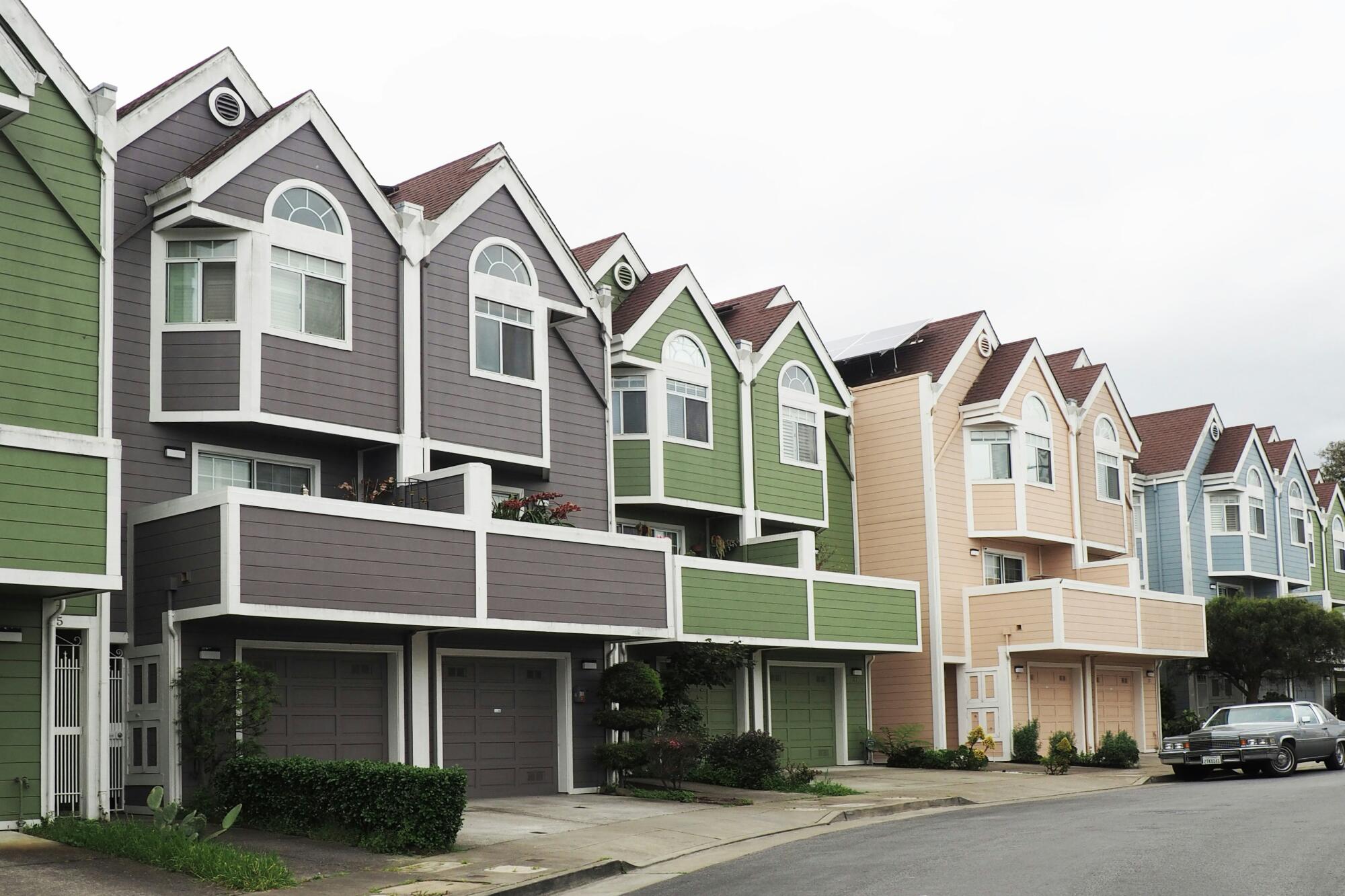Do you own an investment property in the Greater Philadelphia area? It's a great city where many outsiders flock to. The city has the benefit of having a cost of living not much higher than the national average.
This means that you can open your doors to potential tenants. But renting your property can also be a major challenge. One of the biggest challenges is your rental valuation.
This lets you determine how much you can charge for your rental property. This guide will bust many of the myths that you may have heard regarding rental valuation.
Rental Valuation Isn't Set in Stone
One of the biggest myths surrounding rental valuation is that you have to stick to it. If your property is valued at $1,000 per month, does this mean that you can't charge a higher price?
Of course not! You're free to charge whatever you wish as long as you comply with landlord-tenant laws. Of course, there are caveats with what you charge. You'll have to justify charging over the average price in your area.
Your property must offer something that other properties don't. For example, if you have extra amenities, you can use this as a reason to charge premium rates.
Rental Value Can't Decrease
You may succeed at charging a high price for one year but then fail the following year. This is because, as a landlord, you must work to maintain your property to the highest standards.
Even if your property is in a great neighborhood, it'll lose its value if you don't take care of it. Always get it cleaned often, and make sure you repair or renovate it when needed.
Rental Pricing Can Be Increased Whenever
As a landlord, you may want to keep increasing your rental income. However, you can only request an increase during a lease renewal.
When you sign a lease agreement with your tenant, the rental price has to be stated within the contract. You can't increase the rental price during the lease period.
Likewise, your tenant has to commit to this price. They can't demand a lower price during the lease period.
Rental Income Is Passive Income
A final misconception is that the rental valuation equals your profit. You have to remember that being a landlord is active work.
There are expenses that your tenant will have to pay, such as bills. But there are expenses you'll be responsible for. For example, if an appliance stops working, you'll have to pay to repair it.
Keep this in mind as you calculate your potential profits. You'll often have to go above the rental valuation to earn a profit.
Succeed as a Landlord
Now that we've busted the myths about rental valuation, you'll have a clearer vision of what to expect as a landlord.
Keep in mind that you can charge a higher price than your rental valuation. But you'll have to offer a great property to charge higher prices. You also can't increase the price during a lease.
One of the best ways to succeed as a landlord is to have the best property manager to help you. Property Management International Greater Philadelphia is eager to help you! We're part of a franchise network that's been in the business for over 20 years.


